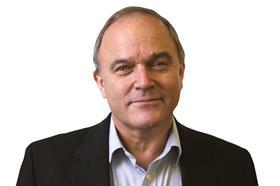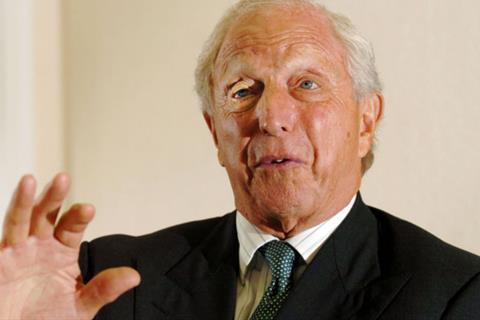Law Society Spring Civil Litigation conference
Fixed recoverable costs and streamlining court procedures to minimise legal costs are high on the agenda at the Law Society’s Spring Civil Litigation conference (26 April). And attendant court issues are also up for discussion: the compilation of court bundles, where you are in constant danger of irritating the bench by making an elementary mistake; and the challenge of holding remote hearings, with all their concomitant pitfalls for the unwary.

The conference begins with master of the Queen’s Bench Division and former solicitor, Amanda Stephens, giving practical tips on getting your cases in good order to present at court. She is ideally qualified to advise on bundles, having practised on both sides of the ‘plank of wood’ that separates the judiciary from the other court attendees. ‘Simplicity and brevity are key,’ she comments. ‘We are not impressed by weighty bundles with numerous references. What’s the point of a 300-page bundle for a 30-minute hearing? It is never going to be read.’
She adds that preparing a budget is often a waste of time, too, because there are ‘so many variables’, such as different expert witnesses charging different hourly rates. ‘And you don’t want to add to your workload if it’s not going to lead to your desired outcome.’
Stephens directs our attention to the Queen’s Bench Guide, which is published annually and explains the working practices of the QBD within the Royal Courts of Justice. It is free to download from the internet.
London firm Anthony Gold managing partner David Marshall next addresses the vexed issue of fixed recoverable costs. The case for FRC, as put by Lord Jackson when beginning his first eponymous review (2010), was this: ‘In England and Wales, the winning party in litigation is entitled to recover costs from the losing party. The traditional approach has been that the winner adds up its costs at the end and then claims back as much as it can from the loser. That is a recipe for runaway costs. The only way to control costs effectively is to do so in advance: that is before the parties have run up excessive bills. [One way of doing this is] a general scheme of FRC.’
The legal world’s great and good, from Lord Woolf (pictured) in 1996 to Jackson LJ and his reports of 2010 and 2017, have attempted to reform and implement FRC more widely. Delegates hear that this is a mind-boggling challenge, with cases falling into bands that include small claims, fast track, multi-track, intermediate and others. ‘Not to mention uplifts for unreasonable behaviour,’ remarks Marshall. ‘Last year, the government signalled its intention to extend FRC to many more cases, but there are yet more consultations to come and it is unlikely that the government’s October 2022 deadline for implementation will be met.’

The final session of the conference, on remote hearings, is a joint effort between barrister and deputy district judge Peter Causton and ‘ultimate witness preparation’ company Assurety. The latter familiarises witnesses with what they are likely to experience when questioned by counsel so that they do not become tongue-tied or intimidated.
Causton makes several commonsense suggestions to help us cope with remote hearings. Make sure your technology is fully charged and up to the job, is one. In the interests of client confidentiality, do not leave files on shelves where the subject matter can be read, is another. Dress professionally to show respect for the court, even if you are sitting in your dining room at home. Do not take a bath or use the hands-free function on your phone to allow you to hold court while still in your car. Do not record the proceedings, but use the services of a transcriber – or risk a fine for contempt. Does everybody speak perfect English or is a translator required?

Assurety fields an impressive line-up of communication professionals to illustrate how it sets about tutoring witnesses to perform well under cross-examination. Director Ed Williams QC explains that Assurety’s goal is to enable witnesses to exude calmness and composure, while responding relevantly and concisely. Andy Hobbs is a ‘performance psychologist’ whose contribution is to identify and minimise the nervousness and anxiety that frequently renders inexperienced witnesses inarticulate. ‘The stress makes them unable to think as clearly as usual and so they don’t do as well as expected.’
Mia Forbes Pirie, on the other hand, describes her role as ‘helping witnesses to have difficult conversations’. To that end, she urges us to be alert for ‘fiddly hands’ that betray a witness’s uncertainty. Her other practical tips include avoiding distracting backgrounds – bookshelves are an easy option – and wearing non-reflective spectacles so as not to conceal the eyes. ‘Test, test and re-test,’ she ends. ‘If you can do a dry run, then do a dry run.’































No comments yet